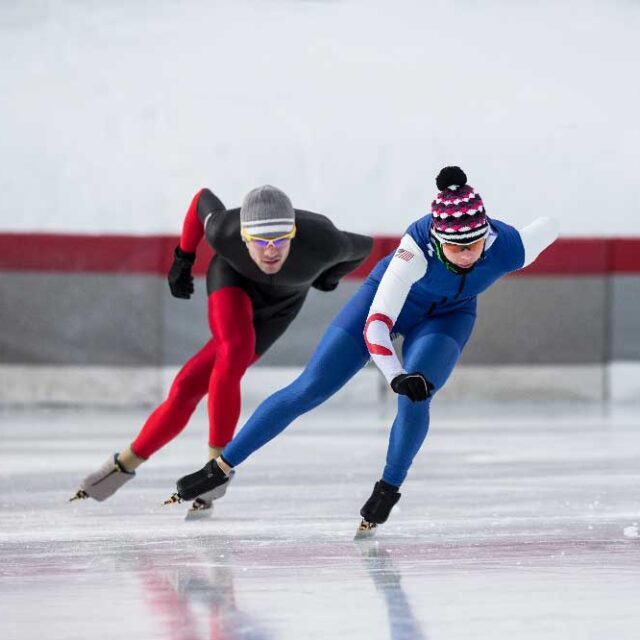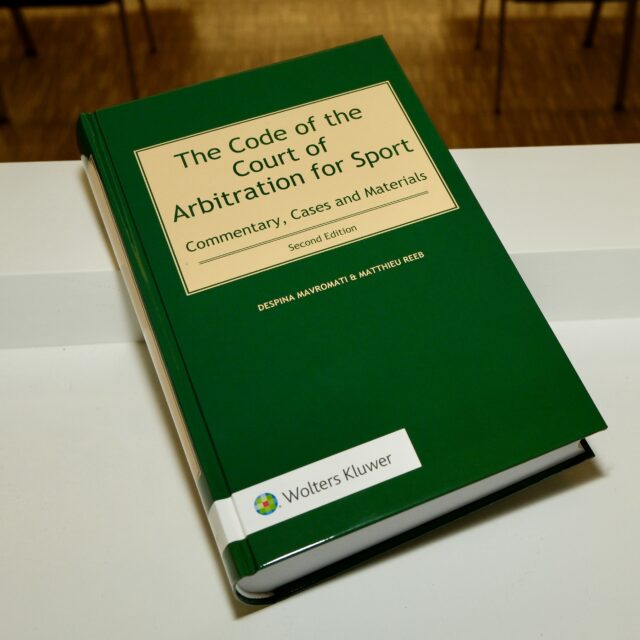SFT Judgment 4A_154/2024 of 10 June 2024, motion to set aside the CAS Award TAS 2023/A/10194
In this case, four teams were competing at the Peruvian Football Federation (FPF), with the first one competing at the first league (Club C), while the other three (A, B and D) were relegated to the second division. After opening an investigation against Club C for non-respect of certain financial obligations, the Licence Commission of the FPF issued a decision and decided that the club had violated its regulations, imposing a financial sanction and four points deduction from the 2023 championship season of the Peruvian 1st division championship.

Club C appealed against the decision, as did Clubs D and A, considering that the sanction should apply for the 2022 season and this would lead to their non-delegation. In appeal, the FPF confirmed the sanction and deducted the points from the 2022 season. The Club C and B appealed to the CAS, while Club A filed a request for intervention based on Art. 41.3 of the CAS Code. Such request was dismissed by the Sole Arbitrator.
In the subsequent motion to annul the decision of the Sole Arbitrator to refuse the request for intervention filed by Club A, the SFT confirmed that a decision on intervention is not a mere procedural order but a challengeable decision (cf. 4A_416/2020 of 4 November 2020, at 2.2).
In reviewing the well-founded of the challenge, the SFT considered that the decision of the Sole Arbitrator based on Art. 41.3 of the Code was not a jurisdictional matter falling within Art. 190 para. 2 (b) PILA but rather within public policy (Art. 190 (2) e PILA). Most importantly, however, the SFT referenced another recent judgment whereby it was found that Art. 41.4 was not an essential rule that would lead to the violation of public policy (SFT 4A_340/2023 of 1 March 2024, at 6.4).
Dismissing a plea of violation of its right to be heard, the SFT found the arguments raised to be largely of appellatory nature. In any event, such arguments were rightly found by the CAS to be unconvincing before being rejected, implicitly or explicitly. The CAS had further rightly considered that the appellant’s intention was to challenge the original decision, and therefore, it should have filed an appeal rather than attempting to address this through an intervention request. Finally, the SFT held that the question of whether the CAS reasoning was coherent and convincing could not fall under the right to be heard and could not be reviewed by the SFT. (NB: see also the linked cases 4A_156/2024, 4A_180/2024 and 4A_182/2024 of 10 June 2024).







